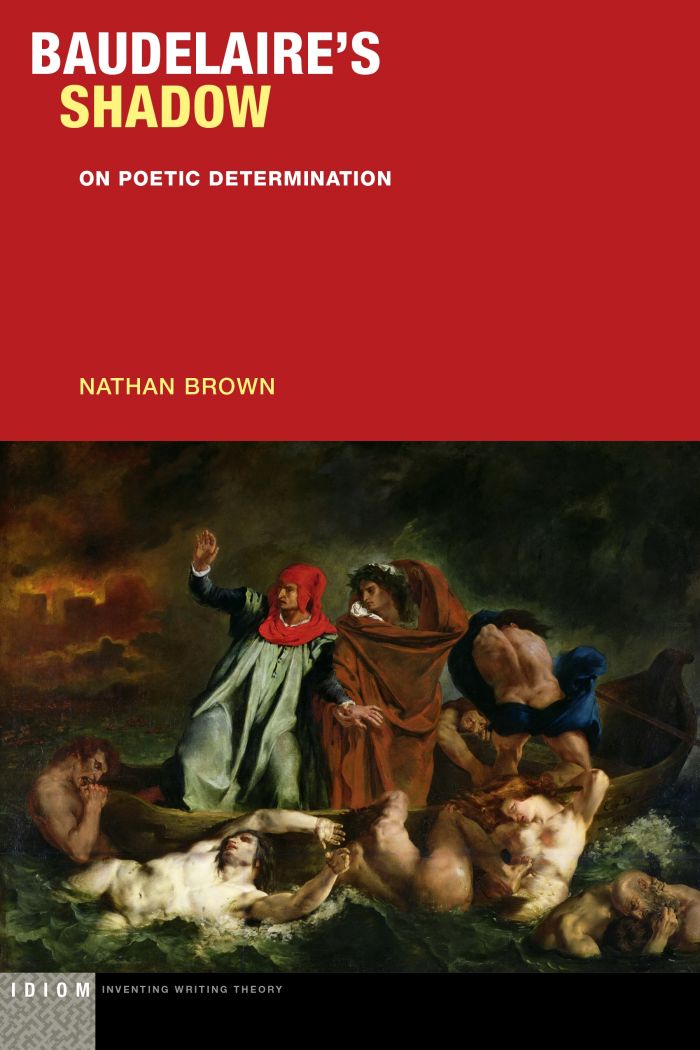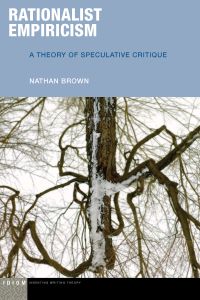Baudelaire's Shadow
On Poetic Determination

This book can be opened with

Baudelaire’s fame and notoriety have been established through the representation of his complex work through reductive profiles: the poet of the modern city, of erotic obsession, of Satanic revolt, of colonial fantasies, of mystical correspondences, of corporeal decay . . . But what is it that holds these facets of the work together? Is there a logic underpinning the proliferation of themes, styles, and personae in The Flowers of Evil, while suturing content and form?
Baudelaire’s Shadow argues that what is most fundamentally at stake across the manifold layers of Baudelaire’s poetic project is the problem of determination: a contradiction between determining and being determined, a dialectic of agency bound up with its negation. This approach enables a new understanding of conceptual, formal, and figural cruxes traversing The Flowers of Evil, including the relationship between writing and reading, the anticipation of death, the negativity of the void, the representation of race, the poetics of ekphrasis, the singularity of the aesthetic, the actuality of the social, the indeterminacy of sense, and the materiality of the signifier.
With philosophical precision and poetic élan, one of Baudelaire’s finest translators reconstructs what we thought we knew about The Flowers of Evil from the ground up, revealing the dialectical logic at the heart of this major work of modern literature.
With a kind of omniscient curiosity, Nathan Brown probes so deeply into the metaphysical bestiary of Les Fleurs du Mal that he can emerge from its cavernous depths with an armload of dripping seaweed named Kant. Wonders never cease in this sumptuous, even clairvoyant, examination—Jed Rasula, University of Georgia
In the most philosophically serious engagement with Baudelaire’s Les Fleurs du Mal that we have, Nathan Brown takes on the mysteries of poetic existence and of poetic determination with rich, surprising readings of such poems as ‘Les Sept Vieillards,’ ‘Obsession,’ ‘Un Voyage à Cythère,’ and ‘Les Petites Vieilles.’ An unusually stirring and eloquent tour de force.—Jonathan Culler, Cornell University
Preface | 9
Shadow—A Parable | 13
Knowledge of Nothing | 55
To Look Without Loathing | 103
The Existence of the Poem | 159
Envoi | 201
Index of Poems | 205
Index | 207





